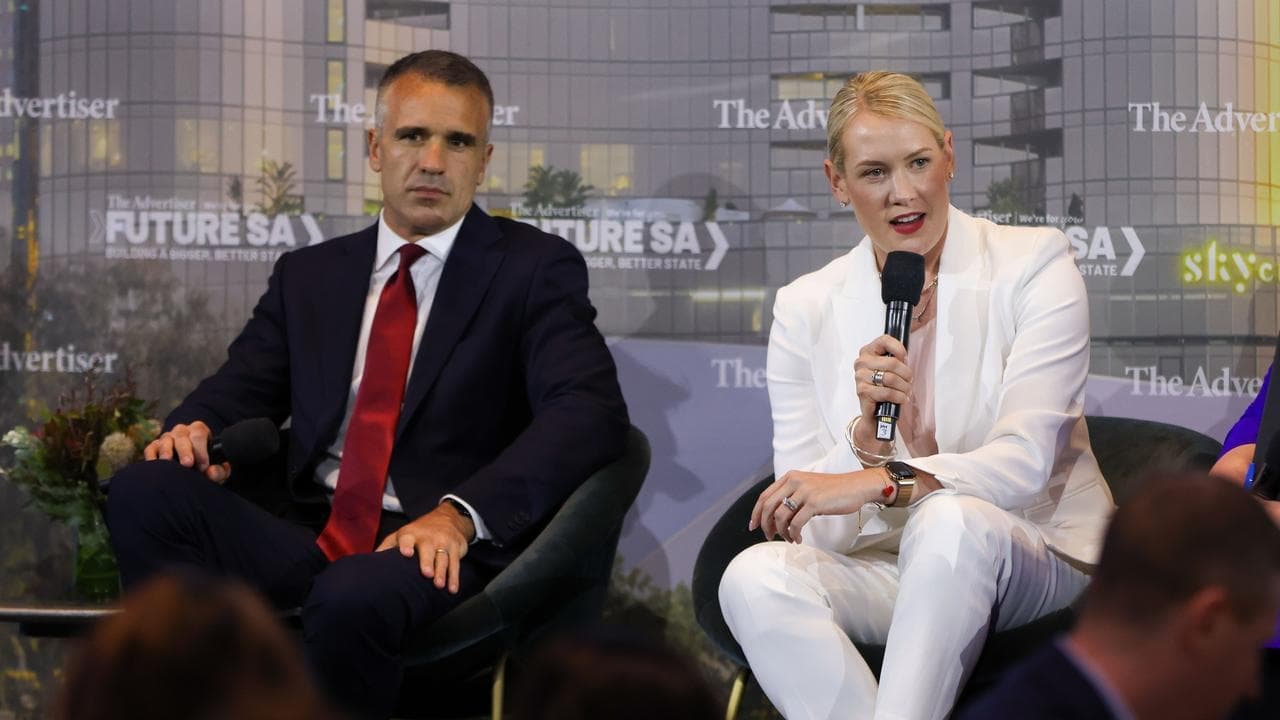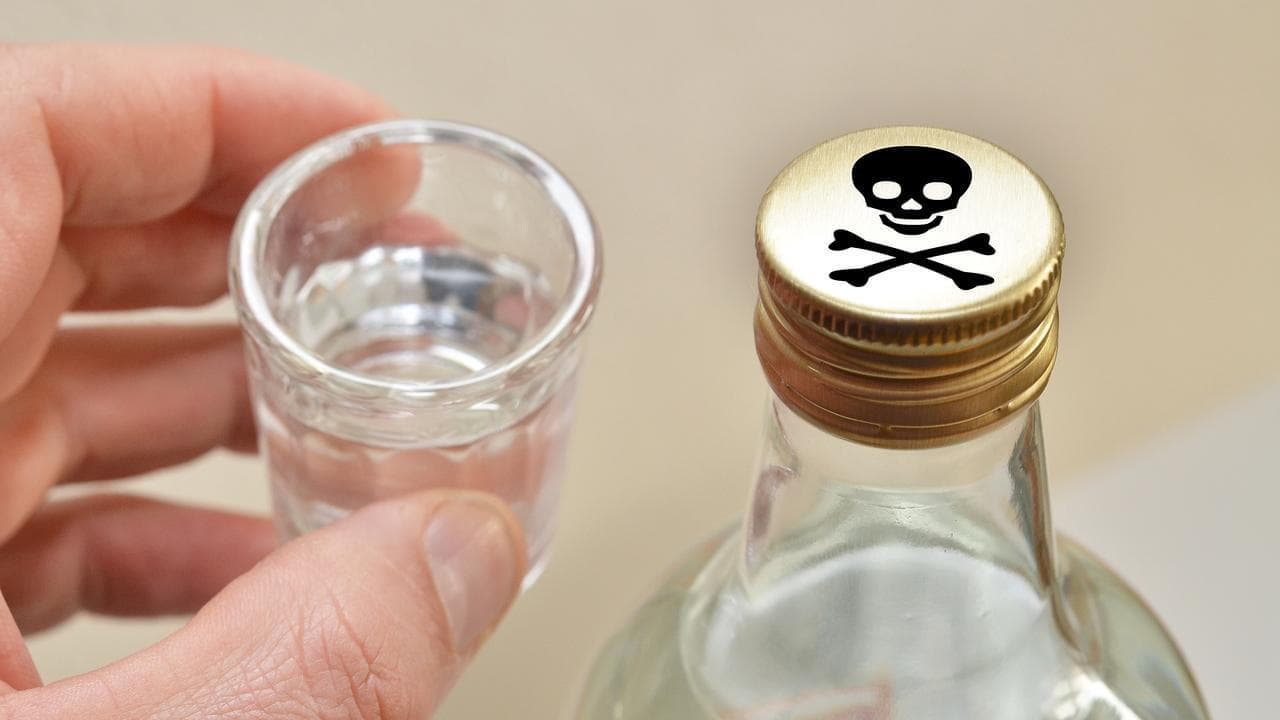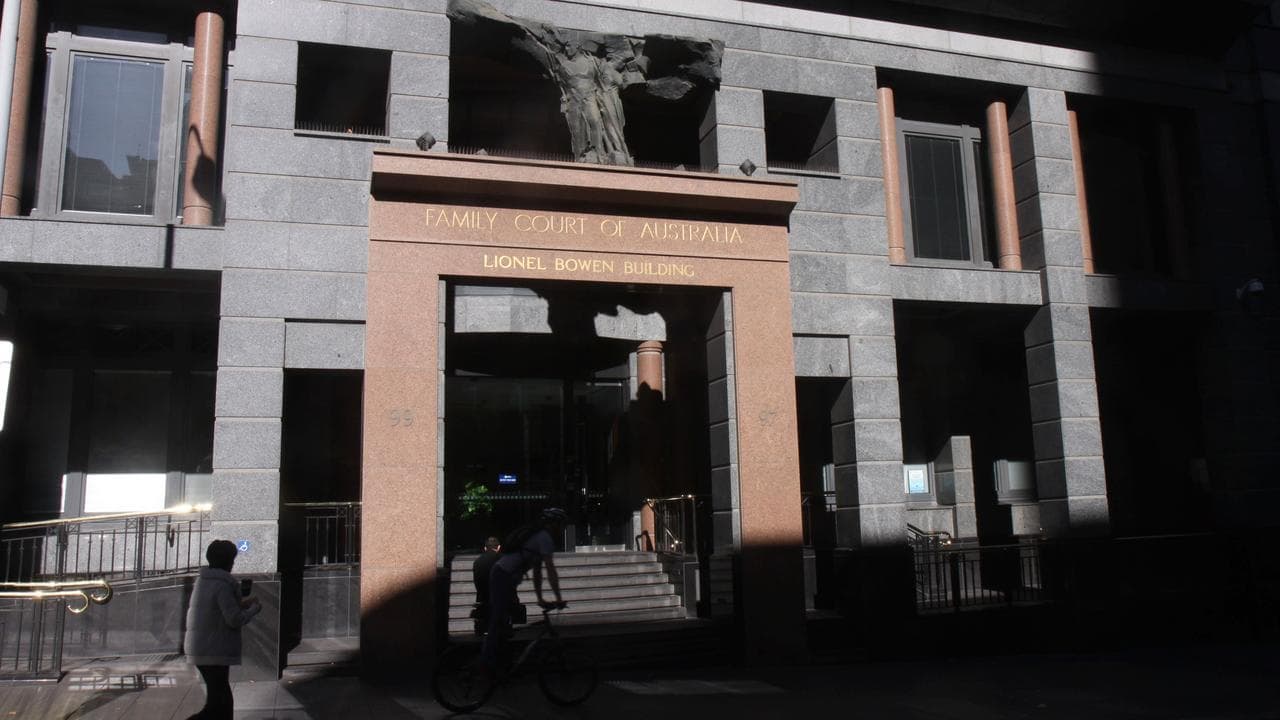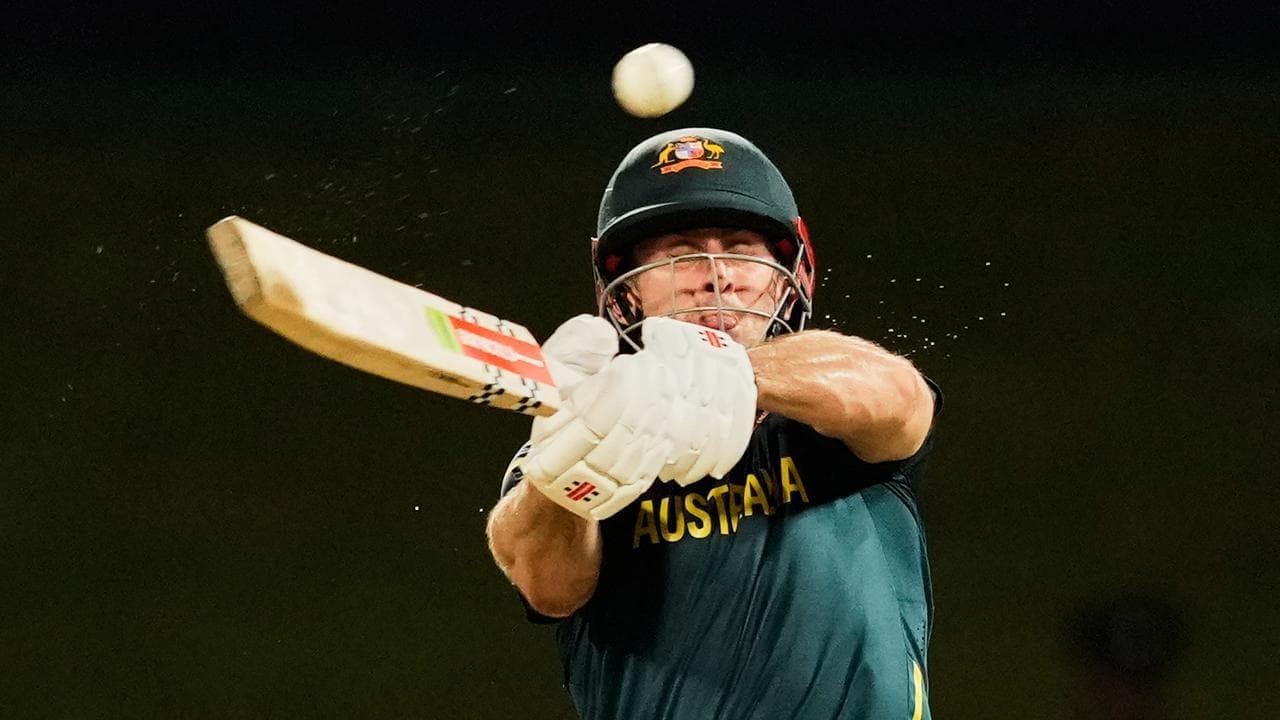WHAT WAS CLAIMED
The World Health Organization receives 75 per cent of its funding from the pharmaceutical industry.
OUR VERDICT
False. The majority of the UN health agency's funding comes from member nations.
The World Health Organization has gained prominence for its work during the COVID-19 pandemic, which has spawned endless conspiracy theories.
A video posted to Instagram (archived here) has questioned the global body's independence, claiming the pharmaceutical industry provides three-quarters of the WHO's funding.
However, publicly available financial documents show the majority of the WHO's funding comes from member nations and charity groups, with medicine makers contributing less than 1.0 per cent.
The video is an excerpt of an hour-long interview between Australian anti-vaccine activist Maria Zeee and American physician Ryan Cole. AAP FactCheck has previously debunked Zeee's claims about COVID vaccines.
The WHO funding claim is made by Cole, who has been criticised for spreading COVID misinformation and was controversially appointed to an Idaho regional health board in 2021.
"Seventy-five per cent of its (WHO) funding comes from pharma, the rest comes from Bill Gates and China and, you know, some of the nation donors," Cole says in the video.
Financial statements published by WHO in May 2021 shows that most of its funding comes from member nations. WHO's website explains that the funding is divided into two categories: assessed contributions and voluntary contributions.
Assessed contributions are mandatory annual payments from WHO's 196 member countries, calculated mainly as a proportion of a nation's gross domestic product (GDP). These make up less than 20 per cent of WHO's funding.
Voluntary contributions provide the remaining 80 per cent. As well as WHO member nations, donations come from local and regional governments, non-government organisations (NGOs), charitable foundations and private companies.
WHO financial documents show that out of $US3.66 billion in voluntary contributions in 2020, $US2 billion was donated by member nations and $US1.66 billion from non-members.
Pharmaceutical companies contributed $US36 million in 2020 - less than one 1/100th - or 0.98 per cent - of WHO's voluntary funding and an even lower proportion of total funding.
The largest contribution from a pharmaceutical company was $US7.6 million from Sanofi Pasteur, which included a $US5-million-per-year agreement to fight neglected tropical diseases.
WHO released a list of its top 20 contributors over 2020-21, showing Germany on top with $US1.26 billion over the biennial funding cycle. China was the 10th largest donor in 2020-21 with $US168 million, behind the US, UK, Japan and Canada.
The largest non-state contributors over this period were the Bill and Melinda Gates Foundation with $US751 million, the European Commission with $US466 million, GAVI Alliance with $US432 million and Rotary International with $US174 million.
Germany announced in June 2020 it would greatly increase its contribution to WHO funding, seeing it take top-donor status from the US, which temporarily withdrew from the UN agency under former president Donald Trump.
In January 2022, a group of global leaders including former UK prime minister Gordon Brown and former New Zealand prime minister Helen Clark penned an article calling for more financial independence for the WHO and criticising its reliance on voluntary contributions.
The article claims the proportion of funding WHO receives from voluntary contributions has increased to more than 80 per cent, resulting in less-flexible funding and "an underfunding of both emergency preparedness and the prevention and control of noncommunicable diseases".
The Verdict
The claim that the World Health Organization receives three-quarters of its funding from the pharmaceutical industry is false. Financial documents show the majority comes from member nations. Pharmaceutical companies contribute less than 0.001 per cent. The rest of the UN health agency's funding comes from other governments and charitable NGOs.
False – The claim is inaccurate.
AAP FactCheck is an accredited member of the International Fact-Checking Network. To keep up with our latest fact checks, follow us on Facebook, Twitter and Instagram.












